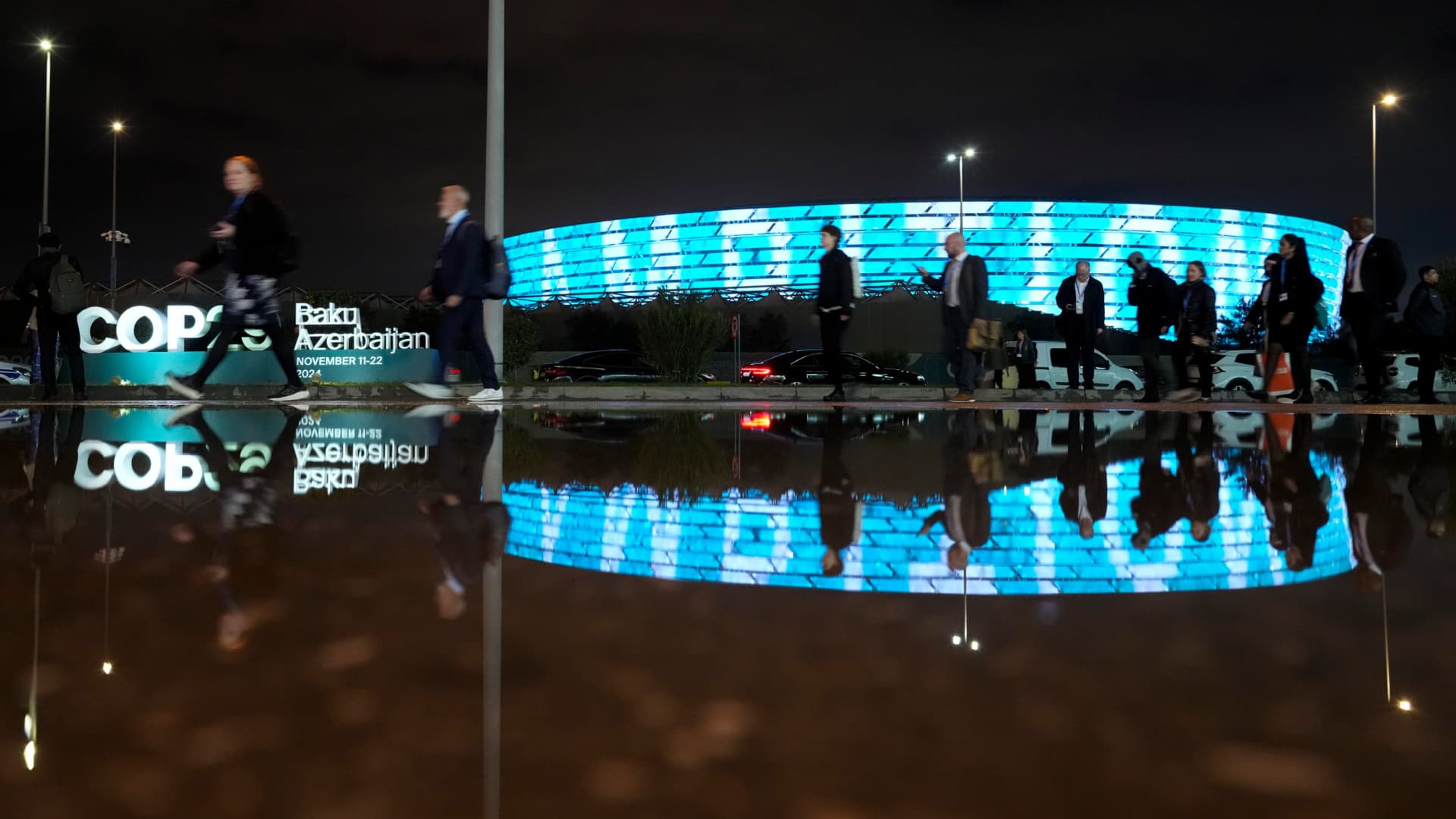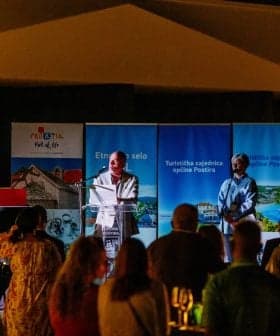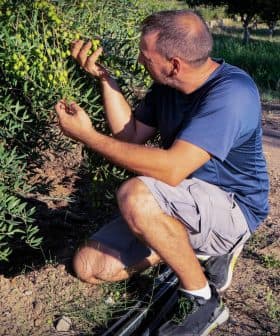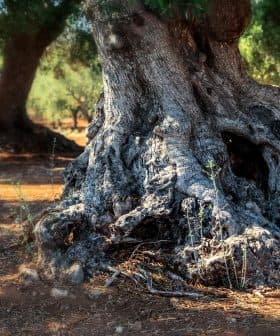World Leaders Snub COP29, Jeopardizing Climate Action

The 29th Conference of the Parties (COP29) on climate change in Baku has seen the absence of key world leaders, including those from major economies, highlighting a lack of political will to act. UN Secretary-General Guterres warned of the increasing impact of human-made climate change, with the goal of COP29 being to boost funding for developing countries to address climate change effects.
One of the most relegated United Nations climate change conferences since its inception in 1995 is taking place in Azerbaijan’s capital, Baku. Government representatives and negotiators from nearly 200 nations are convening to discuss the world’s next steps to tackle climate change.
A number of world leaders have been absent from this year’s 29th Conference of the Parties (COP29), contrary to standard protocol that calls for leaders to address participants in the first days of the summit.
Leaders from the world’s largest economies, including United States President Joe Biden, French President Emmanuel Macron, German Chancellor Olaf Scholz and Japanese Prime Minister Shigeru Ishiba, are not attending.
See Also:What 485 Million Years of Climate History Tell Us About Today’s CrisisUrsula von der Leyen, the president of the European Commission who has been re-elected for a second five-year term as the commission’s boss, is also absent from Baku.
“It’s symptomatic of the lack of political will to act,” said climate scientist Bill Hare of Climate Analytics. “There’s no sense of urgency.”
In his speech on the opening day of COP29, United Nations Secretary-General António Guterres called 2024 “a masterclass in human destruction,” adding that anthropogenic climate change is fueling disasters worldwide.
“Families running for their lives before the next hurricane strikes; workers and pilgrims collapsing in insufferable heat; floods tearing through communities and tearing down infrastructure; children going to bed hungry as droughts ravage crops,” Guterres said. “All these disasters, and more, are being supercharged by human-made climate change.”
The Portuguese politician and diplomat also noted that greenhouse gas emissions have increased worldwide since COP28 a year ago.
The European Union’s Copernicus Observatory has also warned that 2024 is on track to becoming the hottest year, with the planet’s average surface temperature likely exceeding the 1.5 ºC threshold limit this year.
At COP28 in Dubai last year, participants reached a non-binding agreement to eliminate the use of fossil fuels for energy production, which is considered the leading cause of manmade climate change. They also agreed to formally establish a loss and damage fund to assist poor and most climate-vulnerable countries.
The primary goal of this year’s summit is to boost funding for developing countries to deal with the effects of climate change.
Economists have told COP29 participants that by 2030, poor nations will need to spend up to $1 trillion (€950 billion) per annum, effectively mitigating the effects of climate change.
The annual COP summits are based on the idea that the world’s most industrialized and wealthy nations are mainly responsible for anthropogenic climate change and, therefore, should be burdened proportionally in humanity’s fight to tackle the effects of global warming.
However, no universal rule exists to specify how much each country must contribute. While most European countries have contributed significantly over the years, other wealthy nations, including the United States, Canada and Australia, have been criticized for not mobilizing funds proportional to the size of their economies.
In addition, the election of climate skeptic Donald Trump as the next president of the United States has also cast doubt on the COP29 talks.
However, U.S. climate envoy John Podesta, who leads the country’s delegation at COP29, reassured the summit’s participants that U.S. climate action will continue despite the election results.
Meanwhile, the leaders of some of the most vulnerable nations to climate change, such as Papua New Guinea, have boycotted COP29, citing the slowness of rich countries to respond.
Papua New Guinea, an island nation of 10 million people in the southwestern Pacific Ocean, is experiencing extremely high tides and sea levels rising twice as fast per year compared to the world average.
“Papua New Guinea is making this stand for the benefit of all small island nations,” Prime Minister Justin Tckatchenko said before the opening of COP29. “We will no longer tolerate empty promises and inaction, while our people suffer the devastating consequences of climate change.”









